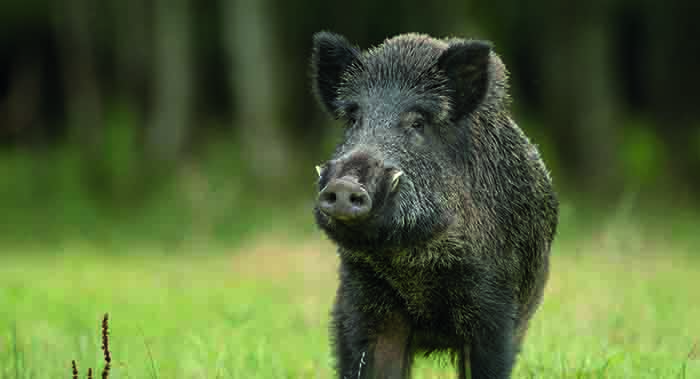The first case of ASF in South Korea was announced in September 2019. Since then, 14 different locations in South Korea have confirmed cases of ASF in their domestic pig herd, leading to more than 150,000 pigs being culled so far.
The ASF outbreak has remained relatively contained to one area of South Korea currently, near to the North Korean Border.
In term of trade, South Korean imports for the first nine months of the year of fresh/frozen pork declined by 5% (-20,000 tonnes) year-on-year. Total pig meat (including offal) imports for South Korea from EU-28 declined for the year to date by 7% (-16,000 tonnes), according to Korean customs data.
For the year to date, the US remains the largest exporter to South Korea, followed by Germany and Spain.
South Korea was already a net importer of fresh/frozen pork products prior to the ASF outbreak in September. It is likely that if ASF continues to spread throughout South Korea, then demand for pork imports will increase further in the region.
South Korea has continued to export small volumes of pig meat (excluding offal) during the first nine months of 2019, predominantly to Hong Kong and the Philippines.
South Korea’s domestic pig herd has been growing in recent years. A recent USDA report suggested that South Korea will continue expanding domestic production into 2020, however this prediction was made before the ASF outbreak in South Korea, so it does not consider the large pig cull currently taking place in areas of South Korea.
AHDB trainee analyst Charlie Reeve said: “USDA reports suggest domestic production in South Korea is growing and becoming more price competitive with imports. Consumption of pork still outweighs domestic production; therefore, South Korea will continue to have a trade deficit and in turn demand pork imports.
“The USDA report also suggests that South Korea will continue expanding domestic production into 2020, however this prediction was made before there was an outbreak of ASF in South Korea.”




